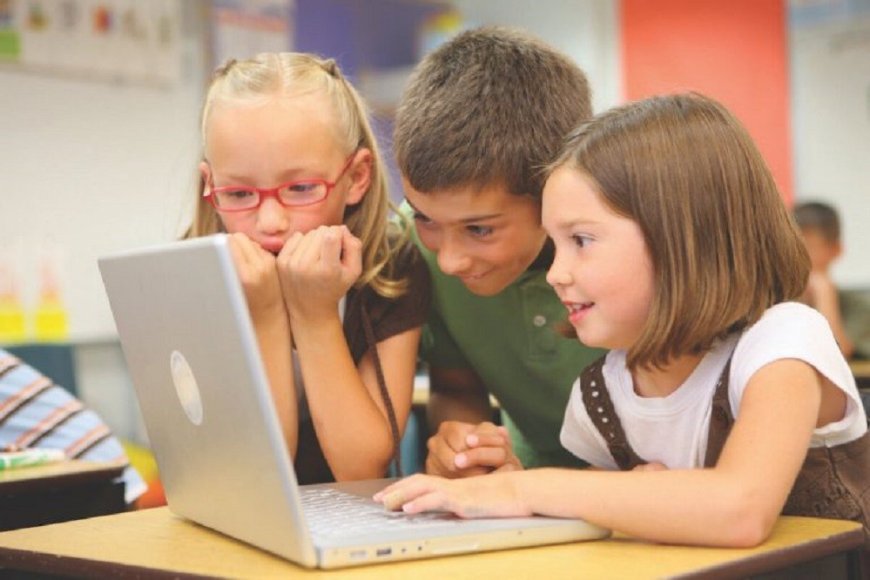Young Children Society
The Young Children Society is a classroom that is specially prepared to meet the needs of children between 14 months and 2.5 / 3 years and

The Young Children Society is a classroom that is specially prepared to meet the needs of children between 14 months and 2.5 / 3 years and builds on the child's natural desire to act independently. Young children can learn from each other and help each other under the careful guidance of a trained educator and assistant. This classroom, like all Montessori classrooms, provides a carefully prepared environment in which children build their experience of living in a community and participate in activities that support development according to their age. Classroom activities promote independence and support speech, language, motor development, and the development of the "I can" feeling. In an environment that offers these age-appropriate challenges, children are expected to take greater responsibility for caring for themselves and others.
The program
Activities from the practical world
The exercises of practical life include care for the environment - internal and external, self-care, grace and politeness. The practical activities help the child in his / her quest for independence and include self-care skills, such as dressing, eating and using the toilet. Order and consistency are extremely important because they allow the child to adapt to the environment, yes understand the world and establish a sense of self and later - inner order. Children develop a wide range of motor movements, motor control and eye-hand coordination through the use of attractive, scientifically designed materials. Special attention is paid to the development of the hand and the correct interception.
Communication and language
A new language is learned through stories, books, songs, picture cards and conversations with other children and adults. Observations and today's brain research show that a young child's brain has enormous potential. During the first six years, children develop from a stage without any verbal language to an excellent command of their native language. The environment for young children supports this huge growth through the use of language nomenclature maps, books and exercises to enrich vocabulary. The child absorbs the environment and can spontaneously learn to speak more than one language.
Must Read: Coaching courses?
Creativity
Art is placed at the child's level on the walls, and low shelves make the materials easily accessible. Creative activities enable children to learn to express themselves, to explore, to hold their attention and to have fun. Art and play are actually a language in which children learn how to set boundaries, develop relationships, and learn sequences and consequences.
Sensory exploration of the world
Nothing is processed by the intellect if it has not passed through the senses. Patterns and repetitions play an important role in stimulating the development of brain cells. The development of the senses must begin during the most intense years of personality formation in order to be perfected later through specific skills. Young children are given opportunities to explore their independence and connection to the world, using their extraordinary learning capacity.
Physical development
This is a time when the child is absorbed in the control and improvement of movements and the development of language. The environment must be designed to meet the needs of love, order and as much independence as a young child can handle at any time. It meets the physical needs of children and their love of movement. The sensitive period of movement occurs before birth and is of great importance for the maturation of the biological system, for coordination and control. Movement is an inner need of children, in which with a lot of practice and repetition they master running, jumping, kicking, throwing, balancing and grabbing. When it develops to perfection, the skill becomes unconscious. Rough and fine motor skills develop competence, self-confidence and independence.
